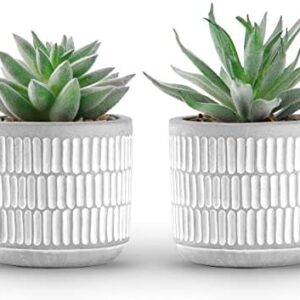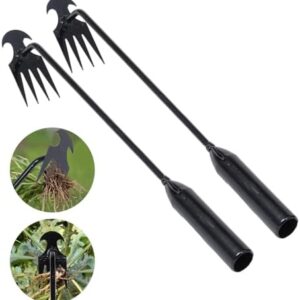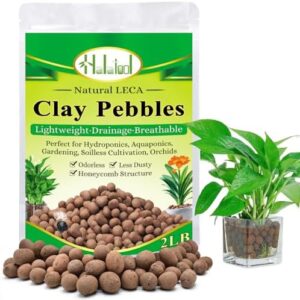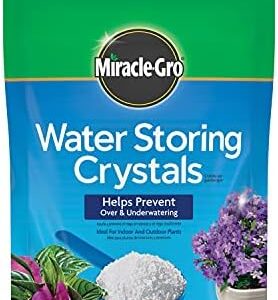Bees play a crucial role in our ecosystem by pollinating plants and crops, but their populations are declining at an alarming rate. As gardeners, we have the power to support bee health and help these vital pollinators thrive. Here are 10 must-do actions you can take in your garden to support bee health:
1. Plant a variety of bee-friendly flowers: Bees rely on flowers for nectar and pollen, so planting a diverse range of bee-friendly flowers will provide them with a good source of food. Choose flowers that bloom at different times of the year to ensure a continuous food supply for bees.
2. Avoid using pesticides: Pesticides can be harmful to bees and other pollinators, so it’s important to avoid using them in your garden. Instead, opt for natural pest control methods such as planting companion plants that repel pests or introducing beneficial insects like ladybugs.
3. Provide a water source: Bees need water to survive, especially during hot weather. Place a shallow dish of water in your garden with rocks or floating vegetation for bees to safely access the water without drowning.
4. Create bee-friendly habitats: Bees need a safe place to nest and raise their young. Provide bee habitats such as bee hotels or nesting boxes made from natural materials like bamboo or hollow stems. You can also leave some areas of your garden wild and untamed to provide shelter for bees.
5. Support organic farming practices: Supporting organic farming practices can help reduce the use of harmful chemicals and pesticides that are harmful to bees. Buying organic produce and supporting local farmers who practice sustainable agriculture is a great way to support bee health.
6. Educate yourself and others: Learn more about bees and their importance in our ecosystem. Share your knowledge with others and raise awareness about the threats facing bee populations. Encourage your friends, family, and community to take action to support bee health.
7. Participate in citizen science projects: Get involved in citizen science projects that monitor bee populations and gather valuable data to help scientists understand bee health. You can participate in bee counts, bee surveys, and other projects to contribute to bee conservation efforts.
8. Support local beekeepers: Buying honey and other bee products from local beekeepers supports their livelihood and helps maintain healthy bee populations. Support local beekeepers by purchasing their products and spreading the word about the importance of beekeeping.
9. Be mindful of bee-friendly gardening practices: Avoid disrupting bees while they are foraging for food by not using noisy equipment or spraying pesticides when bees are present. Be mindful of your gardening practices and do your best to create a safe and welcoming environment for bees.
10. Advocate for policies that protect bees: Support policies and initiatives that aim to protect bees and their habitats. Advocate for bans on harmful pesticides, promote pollinator-friendly landscaping practices, and support efforts to preserve bee habitats.
By taking these 10 must-do actions to support bee health in your garden, you can make a significant impact on bee populations and help ensure the survival of these important pollinators. Every little bit helps, so start making a difference in your garden today!






